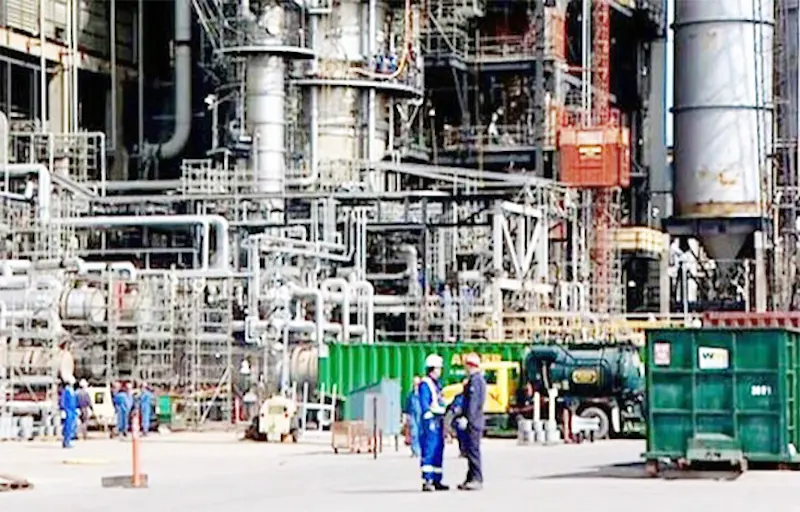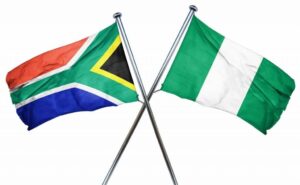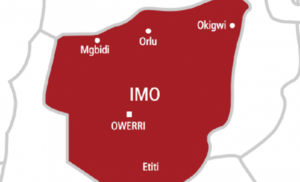Dangote Refinery Operations Will Reduce Nigeria’s Revenue By 3%
The Nigerian Government says the commencement of production at Dangote Refinery will reduce the country’s freight revenue collection by three per cent.
Director General of Nigerian Maritime Administration and Safety Agency, NIMASA, Bashir Jamoh, disclosed this when Dangote Port Operations, Akin Omole, visited the agency’s office in Lagos recently.
According to him, when the Dangote Refinery commences operation, ships importing petroleum products would reduce drastically, thus reducing the three per cent freight levy collected by NIMASA.
He, however, stated that the in-country petroleum production will benefit Nigerian economic growth.
He disclosed that NIMASA and Dangote Refinery have agreed to set up a working committee to address operational concerns at the refinery within 14 days.
“I suggested a joint committee with membership from NIMASA and Dangote to sit down and look at issues objectively. Our priority is to ensure regulatory implementation does not impede the operations of Dangote Ports and, by extension, Dangote Refinery.
“Though the coming onstream of the Dangote Refinery would lead to a drop in NIMASA revenue because ships importing petroleum products would reduce drastically, thus reducing the 3 per cent freight levy collected by the Agency.
“However, Nigerian economic growth and long-term benefit to the Nigerian masses is far better than immediate revenue for NIMASA,” he said.
On his part, Omole says the Dangote Refinery pays $50,000 daily demurrage on a ship due to delay.
According to him, the refinery will not breach the Cabotage Act.
“We talked about business being done in a way that there is no obstruction, no delay. In shipping, a day’s delay is a huge cost; we have an average of over $50,000 demurrage on a ship per day, so we want to be sure that these kinds of delays are not experienced.
“All bottlenecks and hindrances that will cause the delay will be addressed jointly and collaboratively with our team and NIMASA team,” he stated.
DAILY POST recalls that Dangote Refinery announced the commencement of operation in January 2024 and plans to supply petroleum products in Nigeria’s domestic market.















Post Comment